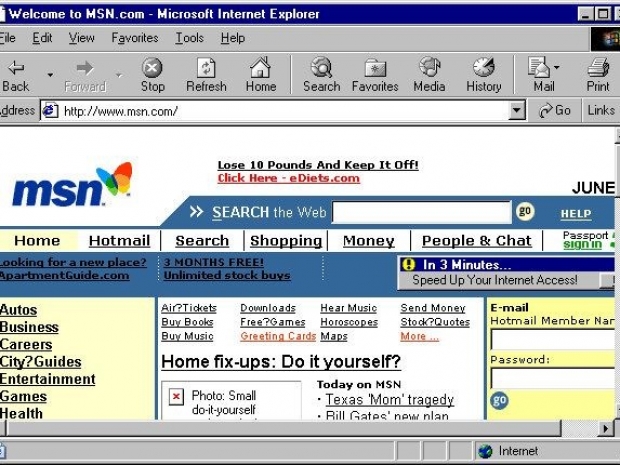Currently, the browser tab is an underrated thing. Most people think of them only when there are too many when their computer once again buckles under Chrome's RAM demands.
Developers who build the tabs — the engineers and designers working on Chrome, Firefox, Brave and the rest — haven't done much to them. The internet has evolved in massive, earth-shaking ways over the last two decades, but tabs haven't really changed since they became a browser feature in the mid-'90s.
Josh Miller, however, has big plans for browser tabs. Miller is the CEO of a new startup called The Browser Company, and he wants to change the way people think about browsers.
He sees browsers as operating systems and likes to wonder aloud what "iOS for the web" might look like. What if your browser could build you a personalized news feed because it knows the sites you go to? What if every web app felt like a native app, and the browser itself was just the app launcher? What if you could drag a file from one tab to another, and it just worked? What if the web browser was a shareable, synced, multiplayer experience? It would be nothing like the simple, passive windows to the web that browsers are now. Which is exactly the goal.
The Browser Company is one of a number of startups that are rethinking every part of the browser stack.
Mighty has built a version of Chrome that runs on powerful server hardware and streams the browser itself over the web. Brave is building support for decentralised protocols like IPFS, and experimenting with using cryptocurrencies as a new business model for publishers. Synth is building a new bookmarks system that acts more like a web-wide inbox. Sidekick offers a vertical app launcher and makes tabs easier to organize.
Mozilla CEO Mitchell Baker agrees that a change is coming, the question is just the time frame, and what's actually required to make it happen.
“We don't need a new web browser. We need a new successor to the web browser."

